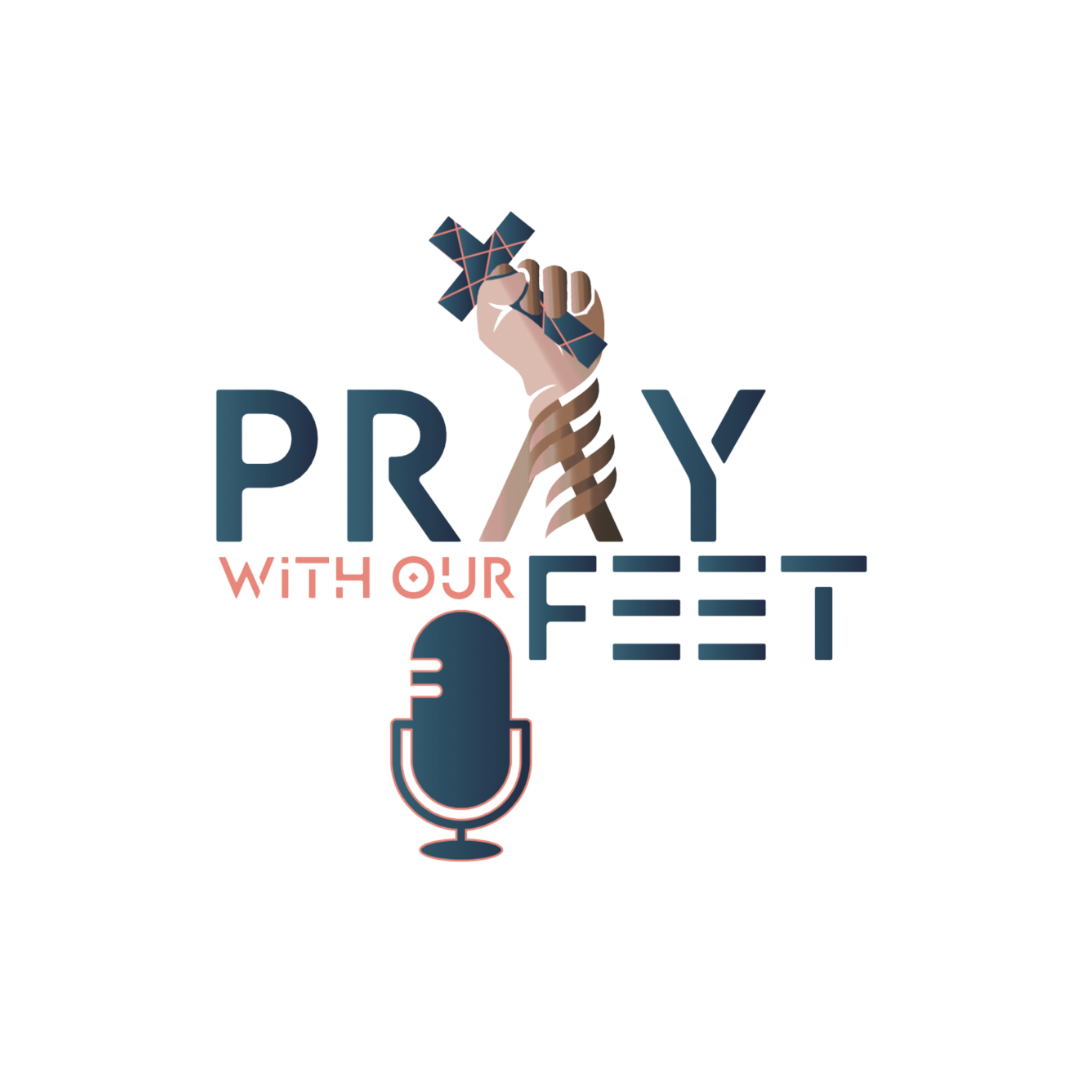Mental Illness Should Not be a Death Sentence
“Mental illness should not be your ticket to death.”
- Caroline Ouko, mother of Irvo Otieno
Caroline Oku holds up a photo of her son, photo via CNN
Yesterday morning, as I sat typing on my computer, rain splattering against the window, I listened in horror to an all too familiar sound in this country - another mother’s voice steeped in agony and tears, demanding justice. Her rage, exhaustion, and grief were palpable. As she spoke, I felt my own body shift into despair - another life destroyed by relentless state violence.
Her son, Irvo Otieno, a 28-year-old aspiring musician, struggled with mental illness. Instead of receiving help, he encountered brutality at Henrico County jail, before being transferred to Central State Hospital, a psychiatric facility in Dinwiddie County, Virginia, on March 6.
Irvo, “had been taken from his home and locked up three days before he was killed, after a neighbor called police to report he had walked onto their property and had taken some lights and was banging on the front door,” according to recent coverage on Democracy Now.
The gruesome video (which I will not share because we witness enough Black death), released this week, shows 10 people (seven officers and three hospital workers), torturing Irvo relentlessly for 11 minutes, his body shackled, pinned to the ground (at one point even sitting on him as he gasped for air), until he lay limp.
And not one person in the general vicinity moved to help.
“There was was a chance to rescue him... I do not understand how ALL systems failed him.”
- Caroline Ouko, mother of Irvo Otieno
Irvo Otieno
The act of dehumanizing is a choice, and that choice informs how people do their “jobs,” and it is embedded within the construction of these systems; spaces which should offer respite, care and skilled intervention become sites of trauma, neglect and abuse. Ben Crump, civil rights attorney, who is representing the family, called for more legislation to protect people with mental health challenges, and it pushed me to look more into current legislation.
Last September PBS News Hour published a piece on police violence and mental health, and they highlighted “The 21st Century Cures Act, [which] passed by Congress with bipartisan votes in 2016, [and] requires the Department of Justice to collect and publish data on how often federal, state and local officers use force, how many times that force ends up being fatal and how often the deceased had a mental illness. But the law doesn’t require police departments to tell the DOJ how many people their officers killed.”
“People who shut their eyes to reality simply invite their own destruction.” - James Baldwin
“By all accounts – official and unofficial – a minimum of 1 in 4 fatal police encounters ends the life of an individual with severe mental illness. At this rate, the risk of being killed during a police incident is 16 times greater for individuals with untreated mental illness than for other civilians approached or stopped by officers, according to a study released by the Treatment Advocacy Center (2015).
As I listened to Irvo’s Mom, Caroline, speak, my mind went back to the years (nearly a decade) my family spent cycling in and out mental hospitals visiting a close family member. Our afternoons and weekends become a dizzying array of phone calls confirming visiting hours, what items were restricted, or allowed, and everything being searched: bags of food / beverages, clothing, shoes, etc. And I remember us praying for “nice guards” at the front desk; they could make or break your visit.
Although the words “hospital” were often used when describing our loved one’s care, we were visiting a prison - sterile, detached, every door locked, bars surrounding each window; and some of the staff we encountered treated patients as mere bodies for management, numbers to count, not people who were struggling with their mental health. And still, if I close my eyes all these years later, I feel the clang of that last door closing, the guard’s key jingling, knowing they were on “the inside,” and we were on “the outside.” And this, perhaps, hurt most of all, leaving them there, not fully knowing what state we would find them in again.
1 in 5 adults in the U.S. has a mental illness (National Institute of Mental Health), and time and time again, our institutions choose criminalization over care. Denial is a prison we cannot afford to live within. There must be a collective shift towards radical understanding, healing and care in community.
Organizations to Support, Advocate Alongside & Learn From Regularly:
Serious Mental Illness Prevalence in Jails and Prisons (a resource lifting up the intersection of these issues from Treatment Advocacy Center).
National Alliance on Mental Illness (NAMI)
Mental Health Liberation (BIPOC focused)


